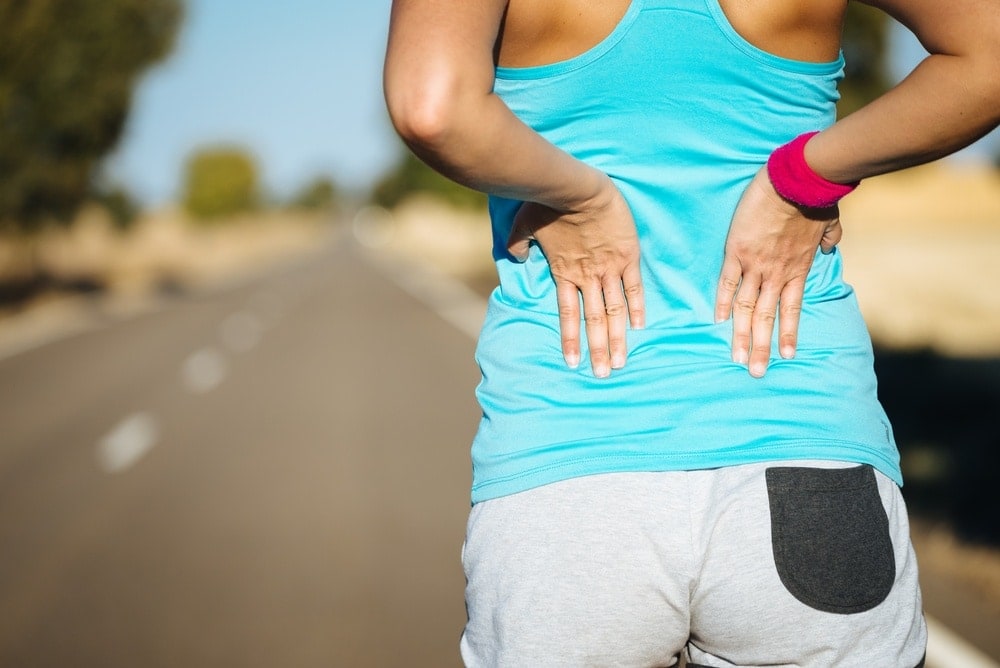“Charlie Horse” During Pregnancy: Symptoms, Causes, and Prevention
Muscle cramps, sometimes called a charlie horse, during pregnancy are one of the common discomforts experienced by approximately half of all expecting mothers. The majority of muscle cramps during pregnancy occur in the lower extremities, particularly in the calves. A muscle cramp is an involuntary contraction of a muscle or group of muscles that happens abruptly and is most commonly experienced at night.
Symptoms of Muscle Cramps During Pregnancy
Muscle cramps and body aches during pregnancy may occur in any muscle or muscle group but is most commonly experienced in the legs. Muscle spasms that occur in the back or abdomen are also possible.
A muscle cramp or spasm is characterized by the following:
- Involuntary contraction or tightening of a muscle
- Usually sudden
- Accompanied by a sharp pain
You should consult your doctor if your symptoms occur frequently, are associated with swelling or redness, and are not relieved with traditional methods.
What Causes Muscle Cramps During Pregnancy?
- Overuse (carrying the extra weight from pregnancy or exercise)
- Dehydration
- Change in blood flow or circulation
- Lack of stretching before exercise or extensive use
- Nerve compression
- Lack of minerals (potassium, calcium, or magnesium)
If you experience muscle cramps frequently, they are probably related to more than one of the causes noted above.
How to Prevent Muscle Spasms While Pregnant
Below are steps you can take to prevent or reduce the likelihood of experiencing muscle cramps while expecting:
- Drink lots of water and fluids to stay hydrated
- Stretch your muscles well before exercise or extensive use
- Eat well-balanced meals to get the nutrients and minerals you need
- Take a prenatal vitamin that contains calcium, potassium, and magnesium. To avoid overdosing, do not take additional supplements without talking to your doctor.
Eating foods that are high in potassium, such as kiwi, bananas, or cantaloupe, is a great way to get some of the nutrients you need to prevent muscle cramps.
How Do You Treat Muscle Cramps During Pregnancy?
If you are experiencing a muscle cramp, here are the steps you can take to alleviate the pain or discomfort:
- Massage the muscle and nearby muscle groups to provide relief.
- Stretch the muscle.
- Apply heat with a heating pad.
- Take a warm Epsom salt bath.
- Apply cold with an ice pack to reduce the pain.
You may find that massaging the muscle with either heat or ice helps alleviate the pain more effectively.
If your muscle cramps remain frequent and do not respond to the above treatment, contact your healthcare provider. This could be a sign of a different medical condition requiring another type of treatment.
Want to Know More?
- Treating Muscle Cramps Naturally During Pregnancy
- Pregnancy and Leg Cramps
- Role of Vitamin B in Pregnancy
Compiled from the following sources:
Danforth’s Obstetrics and Gynecology Ninth Ed. Scott, James R., et al, Ch. 1.
MedlinePlus, “Muscle Cramps,” National Institutes of Health, https://www.nlm.nih.gov/medlineplus/ency/article/003193.htm
Mayo Clinic, Muscle Cramps, https://www.mayoclinic.org/diseases-conditions/muscle-cramp/basics/causes/con-20014594






